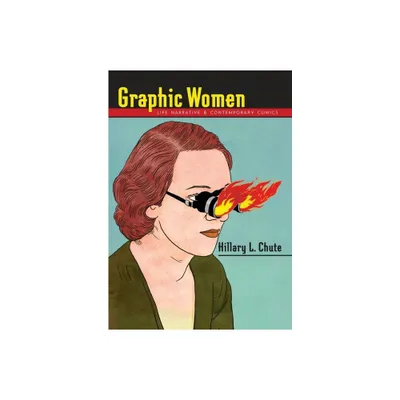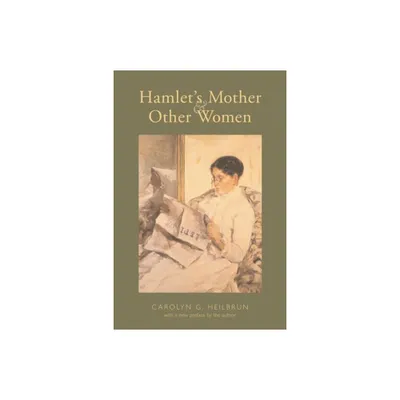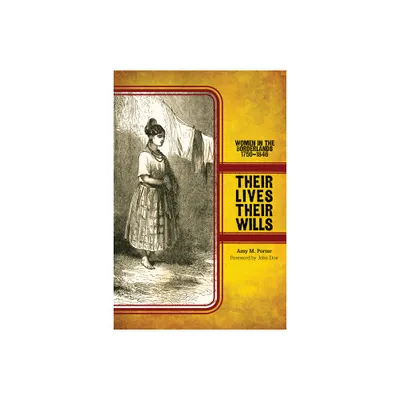Home
Civilized Women: Gender and Prestige Southeastern Liberia
Loading Inventory...
Barnes and Noble
Civilized Women: Gender and Prestige Southeastern Liberia
Current price: $130.00


Barnes and Noble
Civilized Women: Gender and Prestige Southeastern Liberia
Current price: $130.00
Loading Inventory...
Size: Hardcover
*Product Information may vary - to confirm product availability, pricing, and additional information please contact Barnes and Noble
Civilized Women
is concerned with the intersection of cultural constructions of gender and other systems of ranking among the Glebo people of Cape Palmas, in southeastern Liberia. Like other Liberians, the Glebo people make a social distinction between western-educated wage-earners, or "civilized people," and traditional subsistence agriculturists, or "natives." The civilized-native dichotomy splits the Glebo community and Liberian society in general, in contrast to other West African nations, where ethnicity or regionalism provides important markers of personal identity.Through a close analysis of the local history of male labor migration, contact with African-American settlers, and the influence of Protestant Episcopal missionaries, Mary H. Moran shows how the Glebo have incorporated the civilized/native dichotomy into other systems of prestige allocation based on gender and age, capturing the poignant nature of "civilized" and traditional roles for women.
is concerned with the intersection of cultural constructions of gender and other systems of ranking among the Glebo people of Cape Palmas, in southeastern Liberia. Like other Liberians, the Glebo people make a social distinction between western-educated wage-earners, or "civilized people," and traditional subsistence agriculturists, or "natives." The civilized-native dichotomy splits the Glebo community and Liberian society in general, in contrast to other West African nations, where ethnicity or regionalism provides important markers of personal identity.Through a close analysis of the local history of male labor migration, contact with African-American settlers, and the influence of Protestant Episcopal missionaries, Mary H. Moran shows how the Glebo have incorporated the civilized/native dichotomy into other systems of prestige allocation based on gender and age, capturing the poignant nature of "civilized" and traditional roles for women.


















